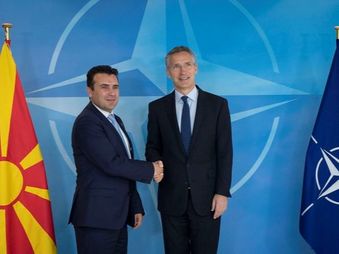 Photo credit: NATO
Photo credit: NATO Mr. Stoltenberg encouraged all political parties to focus on necessary reforms, including on good governance and the rule of law. He noted that these reforms will benefit all citizens of the former Yugoslav Republic of Macedonia, and will further advance the country’s Euro-Atlantic aspirations. “We want to see your country as part of a stable, democratic and prosperous region,” he added.
Calling Skopje “an important partner” for NATO, the Secretary General also thanked Prime Minister Zaev for his country’s contribution to NATO’s Resolute Support Mission in Afghanistan. He noted that the Alliance will continue to support Skopje’s path towards Euro-Atlantic integration, including NATO membership.
Source: NATO

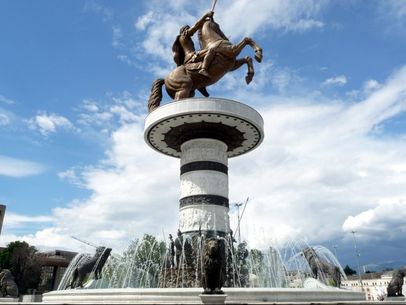
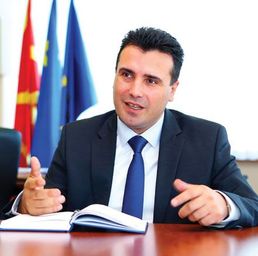
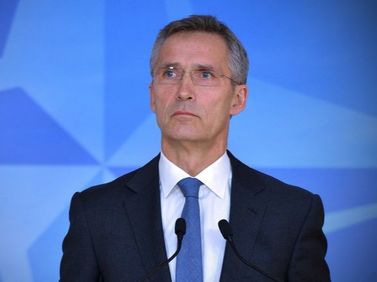
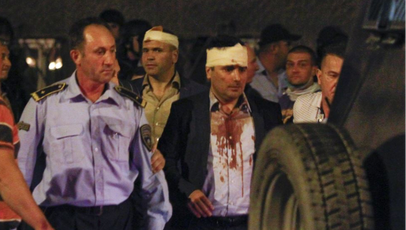
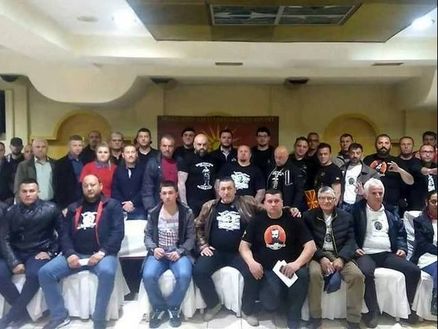
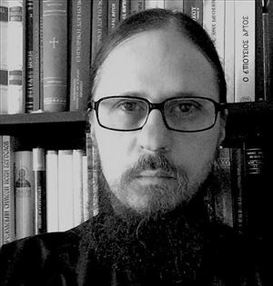
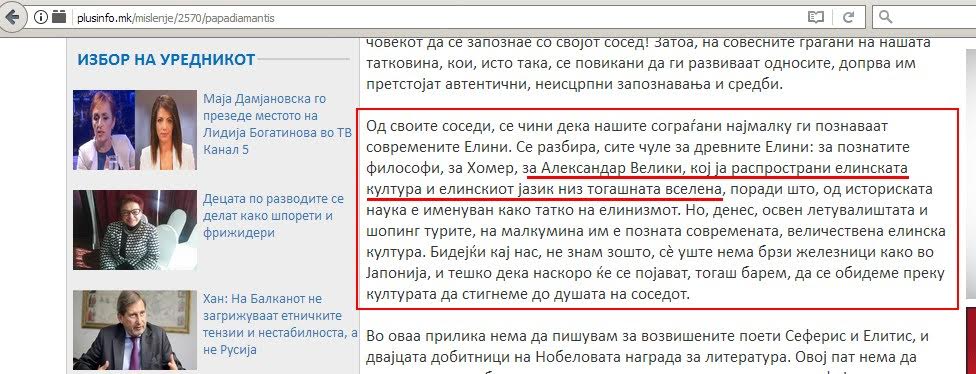
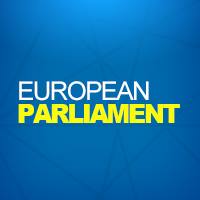
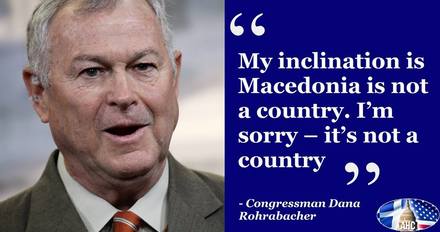
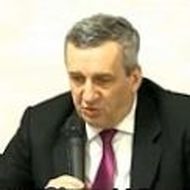
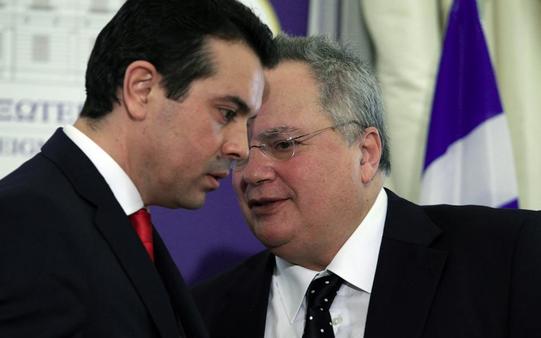
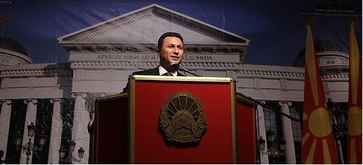
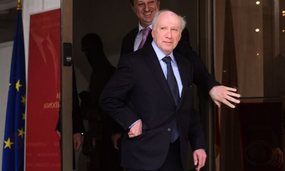
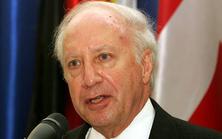
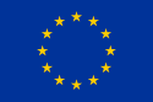


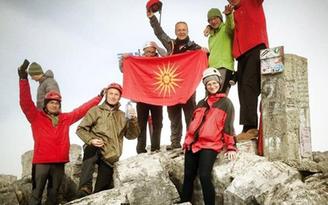
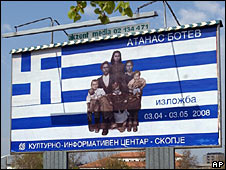



 RSS Feed
RSS Feed